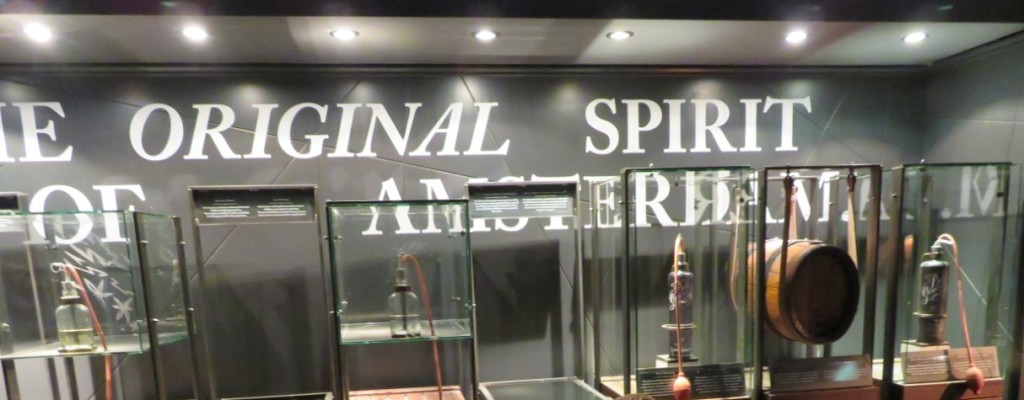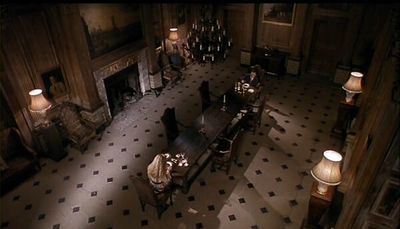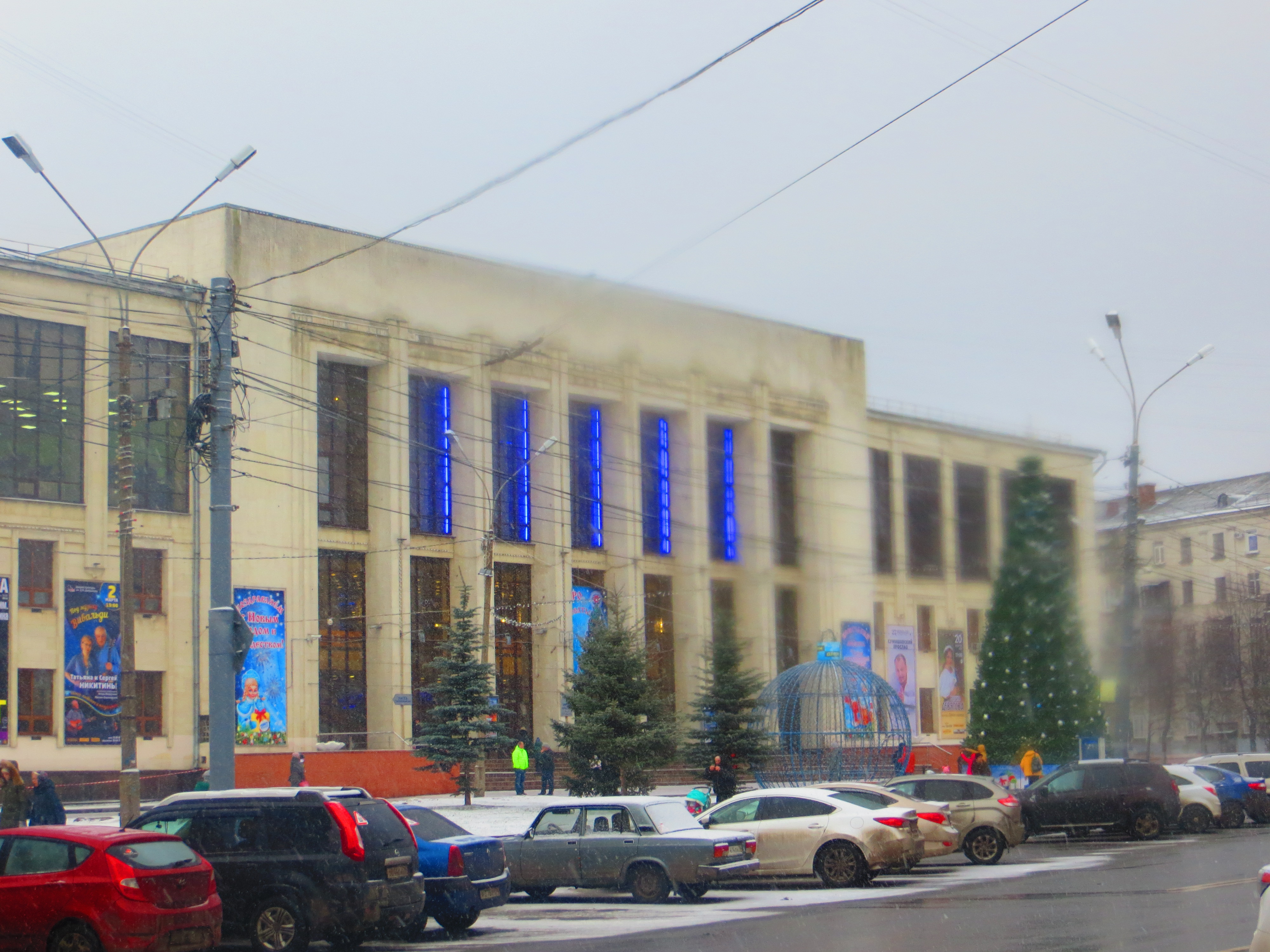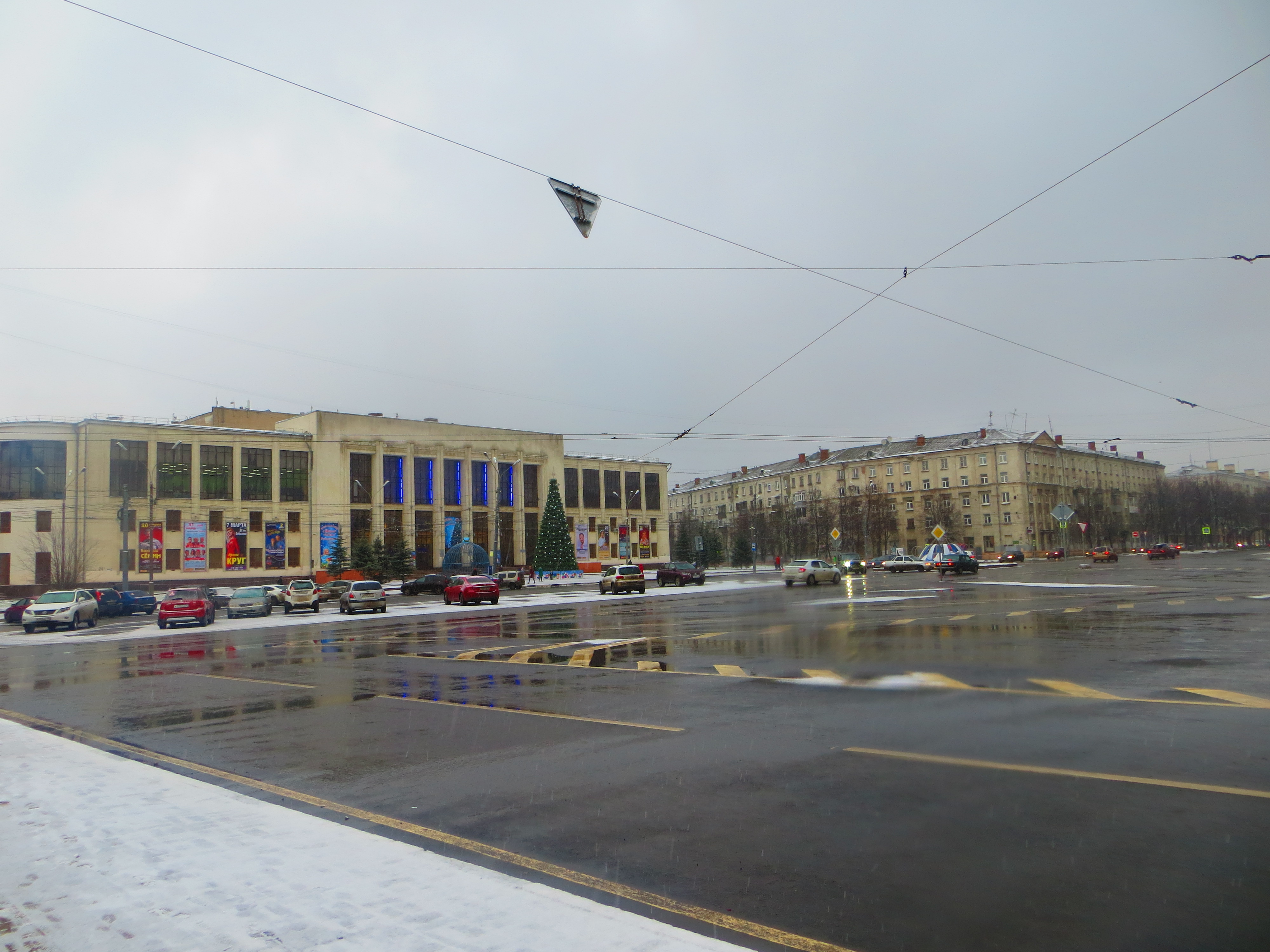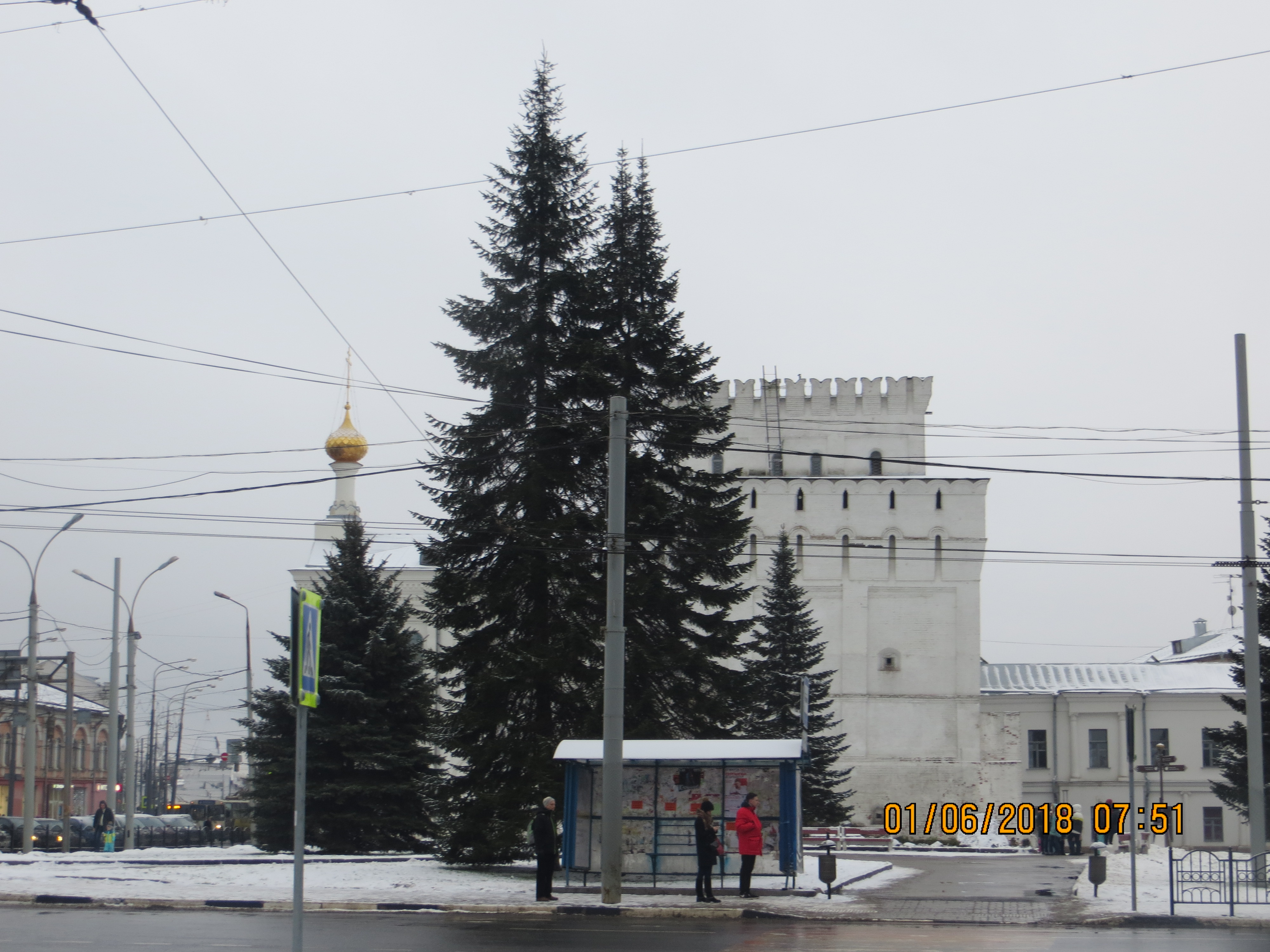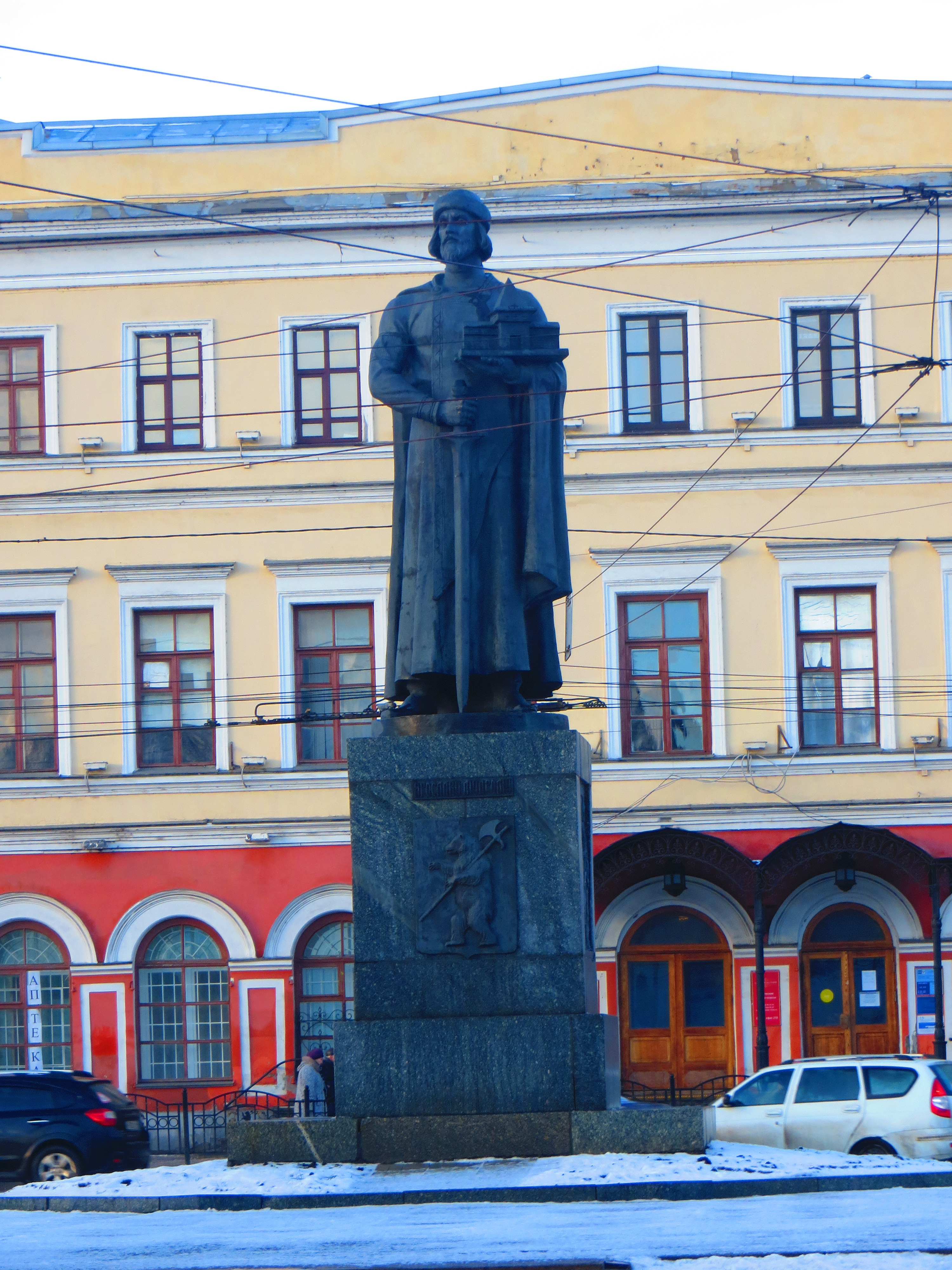Last year, I lost my favorite tooth. I mean, I did not misplace it, nor did it fall out. It was surgically removed. This tooth, #6, was my first root canal and my first crown. My own grandfather put the crown on it, made from a melted down earring, and it lasted for decades. Eventually, the crown wore out, and then the tooth itself. There was even another root canal in the mix, so suffice it to say, #6 and I were bonded by hardship. On the day when #6 and I finally parted ways, the nurse offered me nitrous oxide and oxygen, and how could I say no? I welcome any option that results in less or no pain for me.

As I was dutifully breathing in and out, an unbidden memory came to me, of me and my classmates trooping down Lenin Avenue to the Jubilee Square (the one with the Motorbuilders Palace [https://oldladywriting.com/2020/08/18/valor-and-glory-of-the-motorbuilders/]. In my mind’s eye, I saw the golden Russian autumn sung by poets, maple leaves everywhere, the only melancholy season of an ever-sunshiny year. The school year has begun long ago enough to be a bore and a burden, and the time has come for one of the most unpleasant organized events of the Soviet school system—the dental checkup. It is about a mile from the school to the clinic—the longest mile. If ever I felt like a lamb to the slaughter, this was most certainly the time. Usually, I got some kind of exemption, being raised by dentists and being dragged to the children’s dental clinic by my grandmother on my own free time, but that day, I was all out of aces. It is also possible that this was shortly after my grandmother took me to the clinic and I escaped, bolting out of the torture chair and making it halfway through Jubilee Square before I was captured (traffic in those days was unimpressive, but not nonexistent—I was absolutely in danger of being struck by a bus, a fate still preferable to any dental procedure). I have to add, individual cabinets are a Western luxury. In Soviet Russia, an army of Orin Scrivello clones with their whirring drills were leaning over screaming kids in one big room in a fog of ether.
I have a lot to say about growing up in an apartment where our kitchen doubled as the prosthodontist’s office, but that is another story for another time. But one thing I know is true, and that is that our home never smelled of ether. Maybe grandpa had no access to it. Maybe the smells of grandma’s cooking overwhelmed. Regardless, the scents of home were not medicinal. And I know this because had I been immune to these odors, I would not have been so jolted into panic each time I entered a Soviet dental clinic and been positively engulfed by that distinct piercing stench. A mere whiff was enough to activate the fight-or-flight instinct. It was always flight, because fighting presumes staying, and there are no fools. Flee, always flee.
The unintended consequence of my recurrent, determined, and frantic rejections of the most feared dental procedures was that my grandmother gave up (a precursor of things to come—a scythe came upon a stone, as in, she met her match when it comes to wills of iron), leaving me at the mercy of the school system. And so began the long march.

I always think of that BBC commercial, “They say one’s cows are mad, they say one’s dentistry is diabolical” when I think of the dentists of my childhood. My grandfather did not work with children and was overwhelmingly busy with his relentless stream of patients, and my grandmother—well, I did not trust her. More specifically, I did not trust in her not taking care to not inflict pain. (Well, that was a lot of “nots”—also emblematic of my childhood).
That day, which my classmates and I anticipated with varying degree of fear but with unanimous distaste, was the source of much scheming. While most of them were fairly resigned to this grim fate, I had one accomplice whose fear of the dentist actually exceeded my own. His name was Max, and he was a freethinker. I am told he eventually became an alcoholic, a fate not only unsurprising but entirely predictable given both his environment and spirit (no pun intended). But when I knew him, ages seven to 12, he was a shrewd kid with a profound dislike of conformity and authority. He was non-confrontational but steadfast in his avoidance of anything extra. He was the epitome of “quiet quitting” decades ahead of its time. One of his catchphrases was “And the lesson is going on”, whispered to me whenever a teacher would get distracted and go off on a tangent, meaning that while time is getting wasted, no work gets done, and that is its own reward. Max never got any exemptions from attending mandatory events, and yet he never attended them. He just did not show up. He was reprimanded, chastised, shamed, and accused of being an “individualist”. He gave zero you-know-well-whats. He was, of course, a member of my Link. [https://oldladywriting.com/2023/11/11/scrap-metal-fiasco/]
Max and I conferred and confirmed that we were not going to the dentist, with the class or without. Ever. We did not have the audacity to just not show up to school that day—that seemed just too brazen, and we were not hooligans. We were conscientious objectors. And so, as the column of the condemned dragged itself along that familiar tree-lined alley, led by our fearsome homeroom teacher, the grammatically and socially challenged instructor of algebra and geometry, the two of us simply ducked into the labyrinth of yards off Lenin Avenue. Without any regard for consequences, we ran for our lives. We were not good friends, merely coconspirators. We quickly went our own way, but for one brief shiny moment, we were bound by the shared taste of complete and utter freedom.

And all these many years later, in a dental surgery under the calming influence of gas, it all came back to me, the sepia colors and the smell of fall leaves, the voices of my young comrades, the distinct flavor of childhood of unlimited future and potential, and the feeling of my long ago and far away home deep in my bones. It never ceases to amaze me how memories can be summoned by the most unlikely agents and at the most unlikely times. And how joy can be found even in the middle of pain.

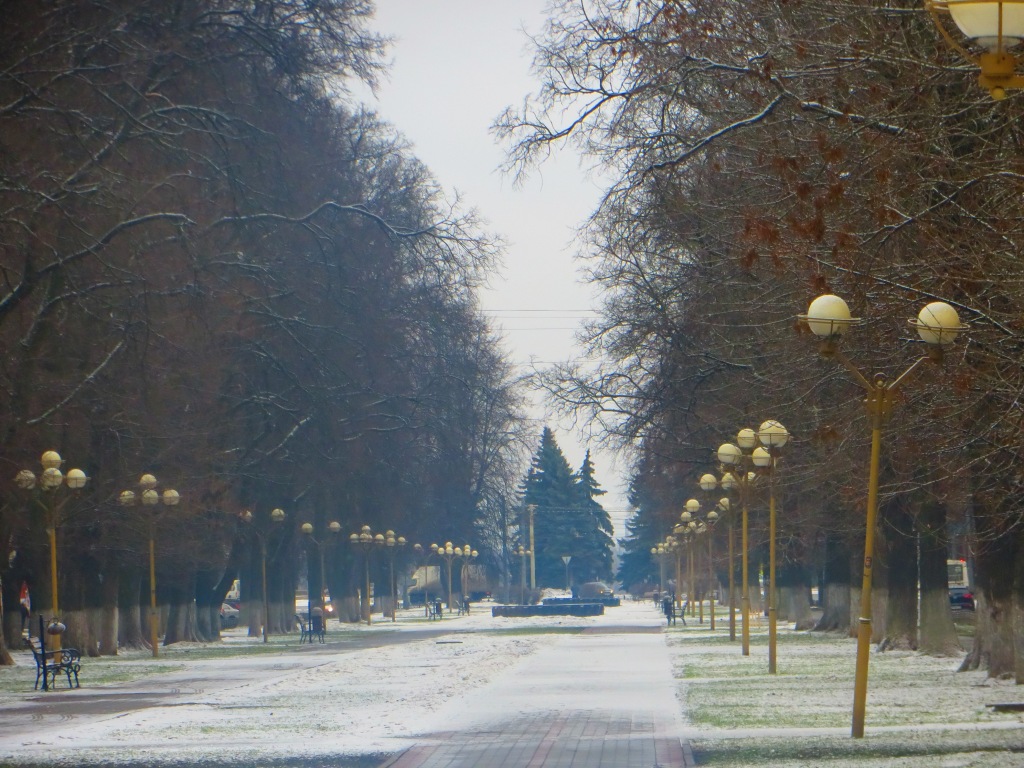

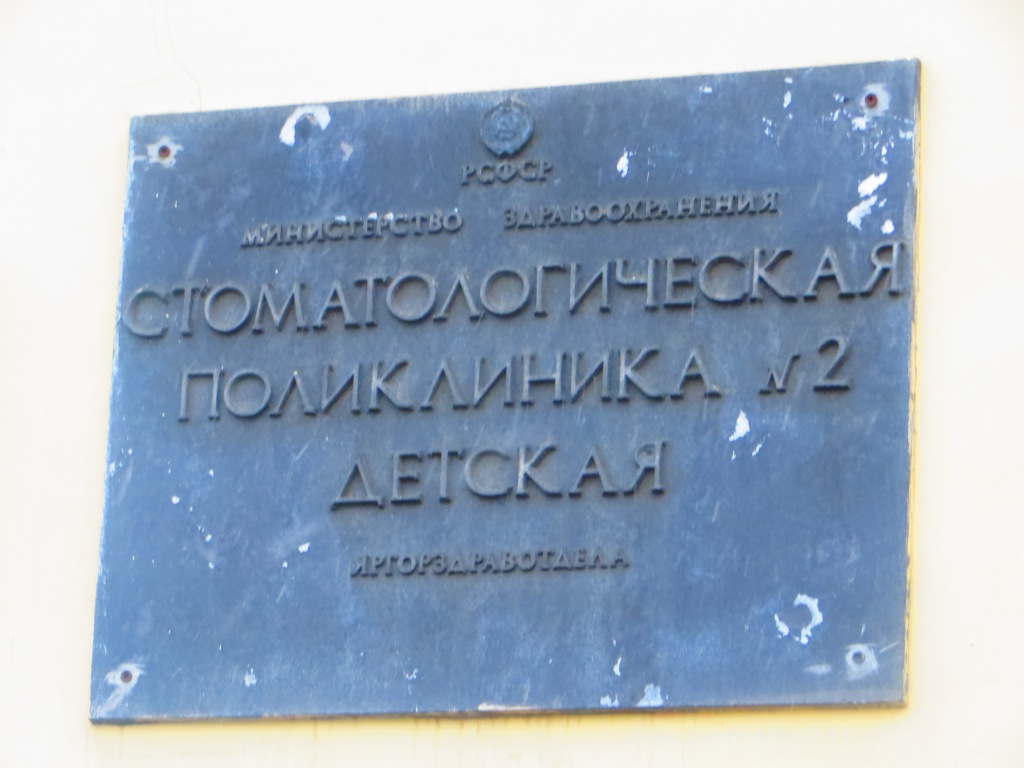




 (I found this on GoogleMaps)
(I found this on GoogleMaps)
 What we thought we were getting versus what we got (not actual photos).
What we thought we were getting versus what we got (not actual photos).



